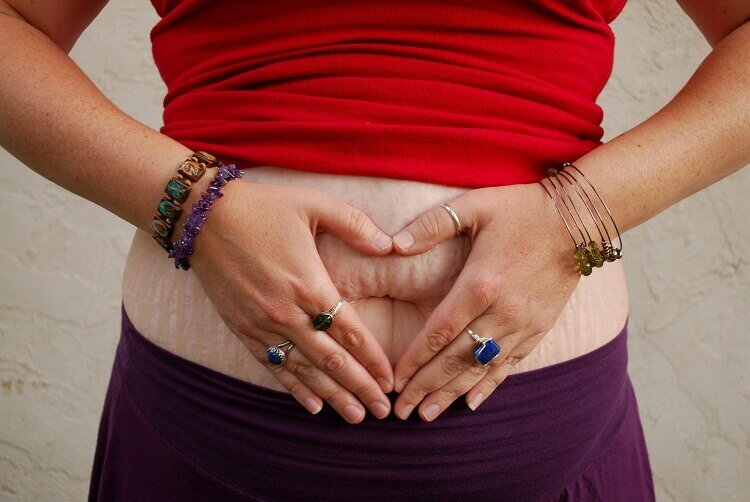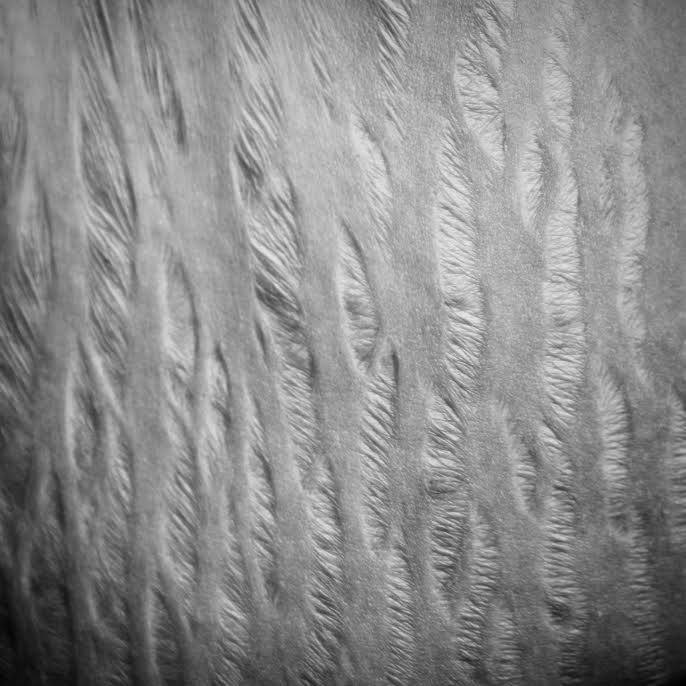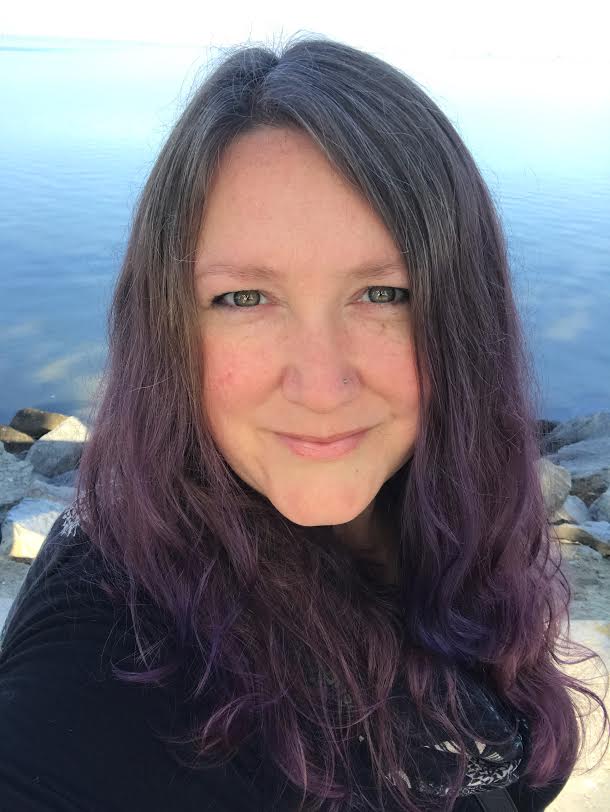
The body is a piece of literature, a memoir. It tells the story of the life within it. A baby is born an empty book:. scars from childhood explorations are recorded; stretch marks scrawl up the legs during puberty; surgery to correct an injury makes a note of the event, documenting the healing power of the skin. Tattoos are the illustrations chosen to adorn the body, to record special moments or thoughts onto the flesh. The body grows or shrinks as life becomes complicated or easy and this, too, is recorded onto the skin. Freckles represent joyful days spent under the warmth of the sun. Laugh lines and crow’s feet are the emotions of life engraved onto the face. Wisdom is written in wrinkles as life experience is gained. By the end of life, the body tells the history of the soul within it; your skin is your book, your memoir.

Skin grows and shrinks and stretches and scars and heals. Skin is our largest organ and it is our physical connection to the world. We touch and feel and love through our skin. Our skin is a wonder. And we hate it.
We lament freckles, we complain about stretch marks, we curse laugh lines; we want to stretch our wrinkles back into a blank canvas.
We do not value the changes that come with age. We want to remain young, foolish, not yet whole. We want, at the ends of our lives, to be living in a blank book. We want to erase the experiences that have made us who we are.
Society does not value the physical changes that come with age and this is a metaphor for what society wants from women: we also do not value the wisdom that comes with age. Society wants us to remain young, foolish, unmarked, naive. It wants for us, at the ends of our lives, to be living in a blank book. It wants to erase the experiences that made us who we are from our skin and from the world.
This is not simply about skin, though. We use our skin, our physical looks, to reflect what society wants from the masses: for us to be young and naive, unmarked and unwritten. Society wants our women, particularly those above a certain age, to be unaware of the power we actually hold; it uses misdirection to keep them focused on wrinkles and gray hair rather than the changes they could effect in the world. So long as women believe we must present ourselves as a blank slate for society’s expectations, we keep our books empty, too.
It is a radical move to embrace the stories written into our skin as works of beauty rather than flaws. It is a radical move for a young mother to wear a bikini to the beach showing off her bright red stretch marks. It is a radical move for a middle-aged woman to avoid Botox. It is a radical move for older women to worry less about wrinkles than to focus on sharing their wisdom. It is a radical move to be a fat person without apology.
I am a fat woman. My skin has never handled change very well and as I grow older or lose weight, it drapes more and more. I am not exceptionally beautiful by conventional beauty standards. In society, there is no place for me.
And so it is really, really fucking hard to love my body, to love myself. My whole self-image is tied up in my physical self-image. No matter how much good intellectual work I do, I know it will never be enough because, physically, I am not perfect. The world reinforces this this womanly ideal, at every turn with diet ads, movie stars, well-meaning people’s comments, medical visits.
I struggle to enjoy the skin I am in, and my skin itself, as my life’s historian, author, and poet. I struggle to focus on what really matters: the story, not the pages it is printed on. But, of course, even if – at our human core – what we look like, how old we are, how pretty we are, how thin we are doesn’t matter, the people who surround us in today’s world make us understand that it all really matters, all of it.
Feminism demands equity for women: but women are more often oppressed because of their physical appearance, having to spend more money and time on physical appearance – it cannot be claimed that women have achieved equity.
We, as a society, need to rethink how we view people’s physical appearances, how we view their bodies. We need to rethink how we view our own skin. We need to remember that our skin tells our story, and that is beautiful. We need to remember that fatness is a part of diversity, and that is beautiful. We need to remember that aging is a sign of wisdom and that is beautiful. We need to remember that disabled bodies are powerful and that is beautiful.
Humans are pack animals. We cannot exist in a solitary state. We need humans to teach us how to be humans.
A study of history and world cultures shows us that certain constructs we accept as scientific truths are, in fact, malleable. Gender and race are not as empirically true as we believe. But our collective socialization shapes our brains and thoughts and opinions so firmly that it becomes nearly impossible to see outside of those beliefs. It requires significant effort and conscious thinking to overcome these socialized ideas, and to avoid falling into old thinking. And, in truth, it often involves relapsing and needing to re-remind ourselves of what our goals are as feminist humans.
We often put the needs of the community before our own, feeling beholden to societal standards without thinking about how they impact our individual psyches. We are afraid that rejecting these standards can make society itself unstable, potentially causing more harm to us and to our offspring. But we now have the capability to communicate better, and to create a stable society without inequity. This is and will continue to be hard work.
But the work is worth it, and necessary to create a new, fully equitable world together. A world where we don’t try to erase the wisdom, the wrinkles of our elders, but where we embrace their contribution to society and to our personal journeys. A world where we don’t try to keep all women as ignorant and restrained as young maidens. A world where we can embrace stories written onto our skin, and flaunt them rather than hide them, showing the world proudly where we come from and who we are.
I want to live in that world, where we love the ways our bodies make us feel, where we can joyfully appreciate touch on our scars, our wrinkles, our jelly rolls. I want to live in a world where someone I love can read my life story with their fingertips and I will not fear it or feel ashamed.
This is your mission: wear your skin. Read your skin’s story and share it with the world. Touch your skin and find joy in what you feel. Admire your skin with awe and recognize it for the miracle it truly is. Let your skin record your memoir, physical poetry, and read it every day with love, honor, and admiration. Do not allow your story to be erased. Be radical.
 Bonnie Ratliff is a single mom to two children in Southern California. She started TheShapeofaMother.com in 2006 because she believed that women have the right to know the truth about what bodies look like, and that knowing the truth can help to heal from deeply painful self-esteem issues. She is currently a full time student majoring in English and minoring in Women’s Studies. After she graduates, Bonnie intends to continue working for the betterment of women everywhere. When she’s not studying, Bonnie mostly sleeps and also enjoys Harry Potter, camping, and exploring her hometown with her kids.
Bonnie Ratliff is a single mom to two children in Southern California. She started TheShapeofaMother.com in 2006 because she believed that women have the right to know the truth about what bodies look like, and that knowing the truth can help to heal from deeply painful self-esteem issues. She is currently a full time student majoring in English and minoring in Women’s Studies. After she graduates, Bonnie intends to continue working for the betterment of women everywhere. When she’s not studying, Bonnie mostly sleeps and also enjoys Harry Potter, camping, and exploring her hometown with her kids.


Grok Nation Comment Policy
We welcome thoughtful, grokky comments—keep your negativity and spam to yourself. Please read our Comment Policy before commenting.